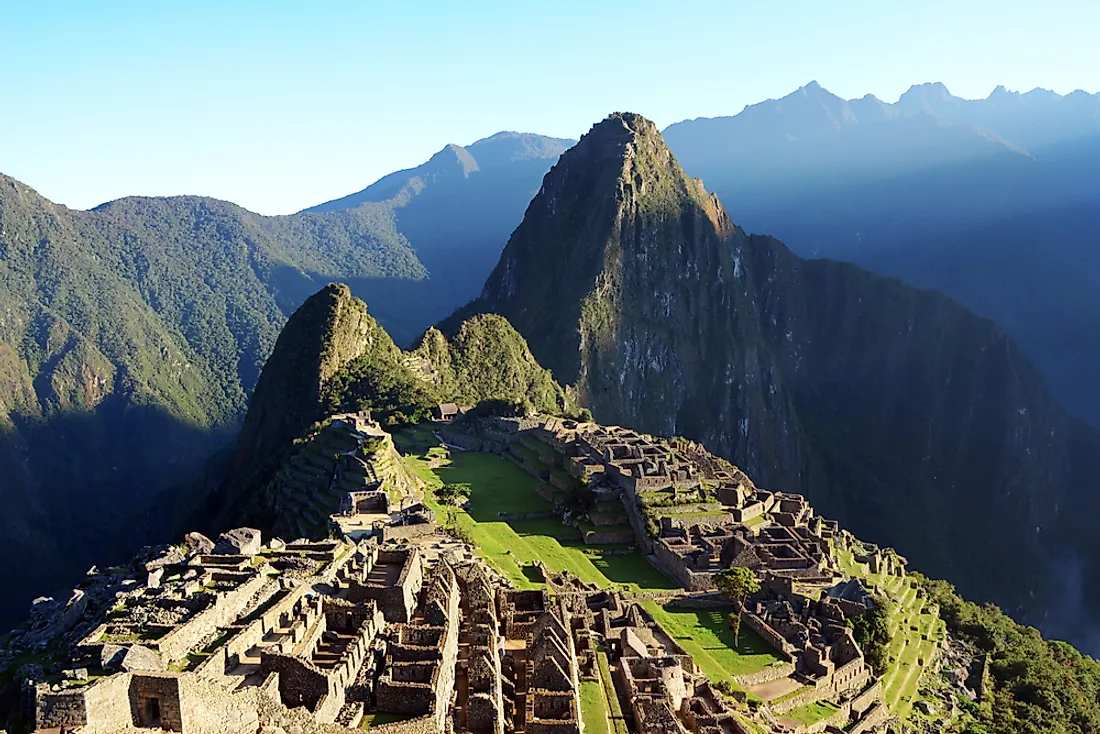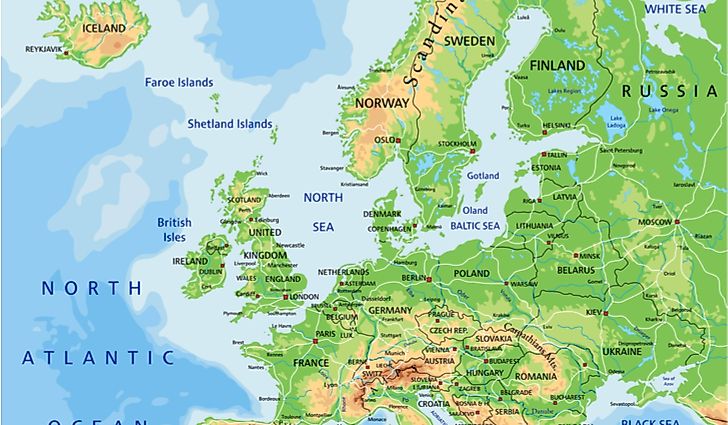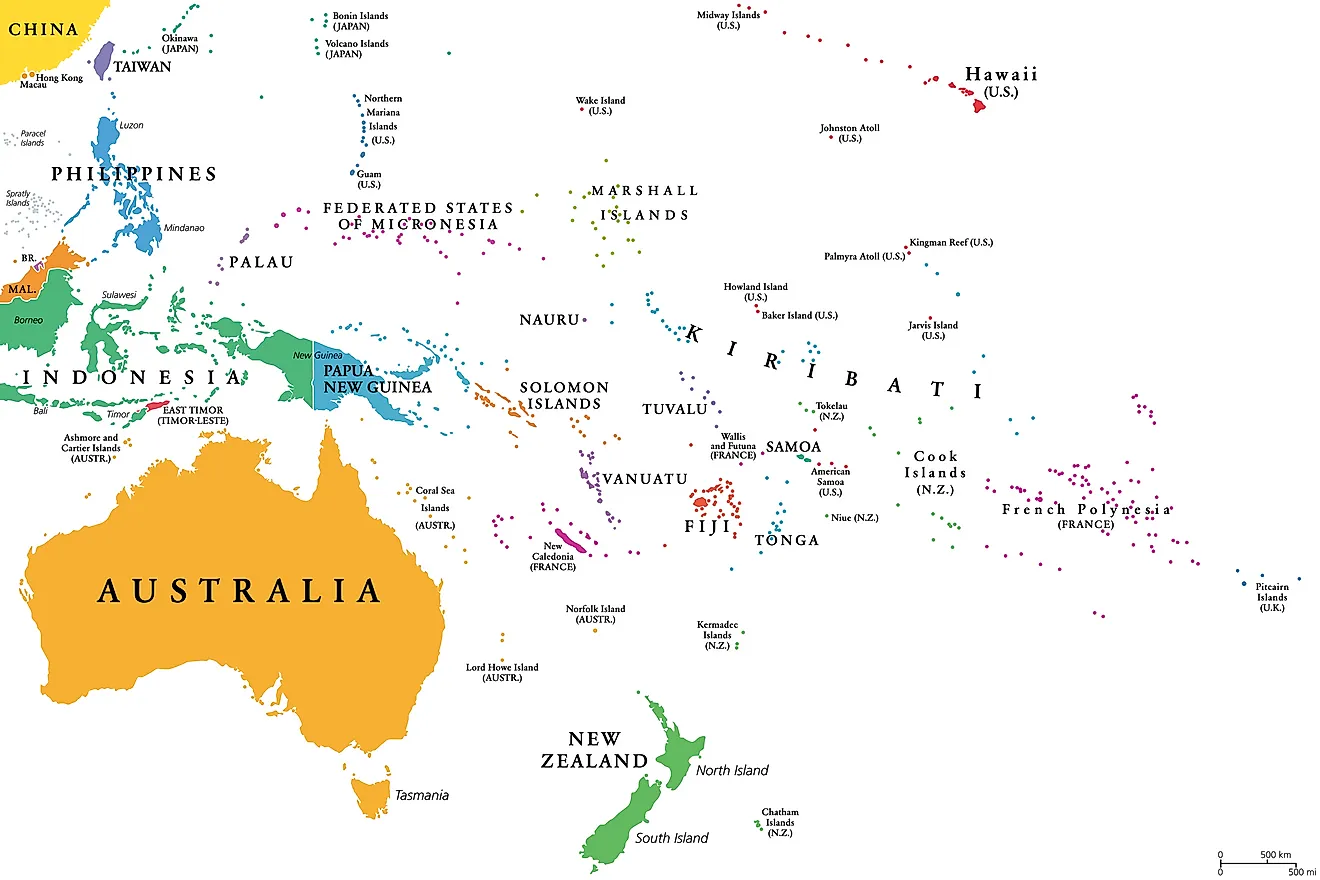Is Puerto Rico A State?
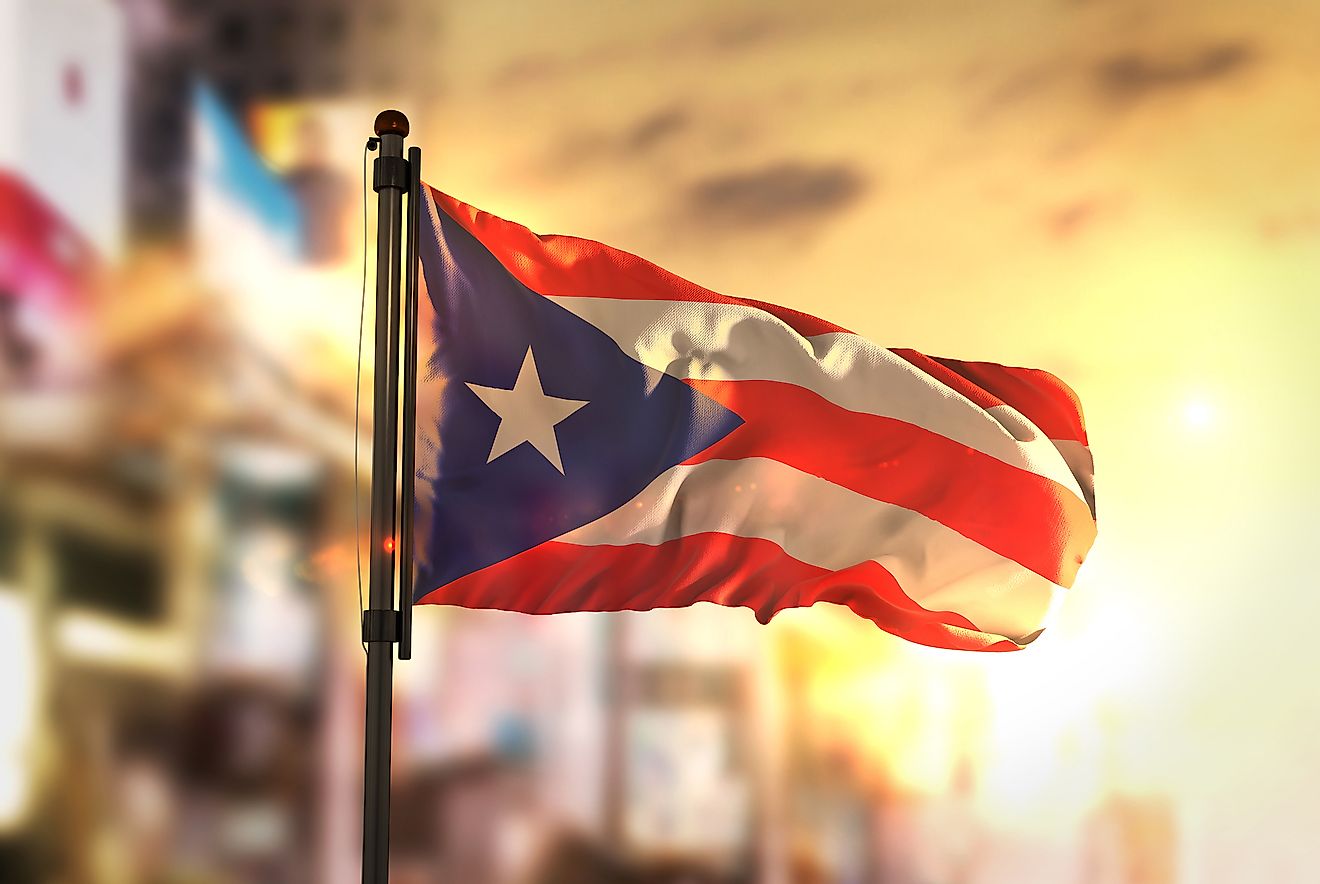
- Puerto Rico is not a U.S. state, but an unincorporated U.S. territory.
- Puerto Ricans are U.S. citizens, but cannot vote in U.S. elections.
- Although Puerto Rico is not a U.S. state, it is a self-governing political entity with control over its internal affairs.
Puerto Rico is not a U.S. state. Rather, it is an unincorporated U.S. territory. This means that although the island is under the sovereignty of the United States, the U.S. Constitution does not fully apply to the territory or its people.
History Of Puerto Rico
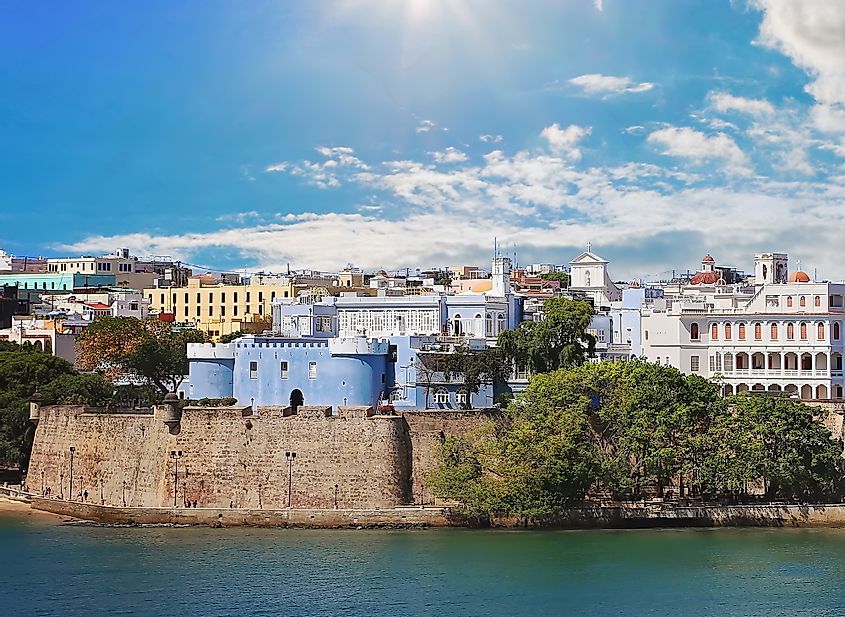
Puerto Rico was one of the first territories to be visited by Christopher Columbus during his famed voyage to the so-called New World. He made landfall on the island in 1493, where he was greeted by the indigenous Taino people. Puerto Rico officially became a Spanish colony in 1509. The name Puerto Rico, which is Spanish for rich port, was originally given to the island’s first European settlement. Over time, however, people came to refer to the entire island as Puerto Rico, while the first European settlement eventually took the name San Juan, which is now the territory’s capital and largest city.
Later in the 16th century, the Spanish began importing slaves from Africa to plant cash crops such as sugar cane, ginger, tobacco, and coffee. The island had varying degrees of autonomy during the period of Spanish rule, which came to an end in 1898, following the Spanish-American War. Two years after seizing the island from the Spanish, the Americans enacted the Foraker Act, instituting a civilian government on the island. In 1917, the U.S. government granted American citizenship to Puerto Rico’s inhabitants. In 1952, the island territory became a U.S. Commonwealth, which accorded it the power to control its internal affairs. Puerto Rico remains a commonwealth in free association with the U.S. to this day.
Current Governmental Structure
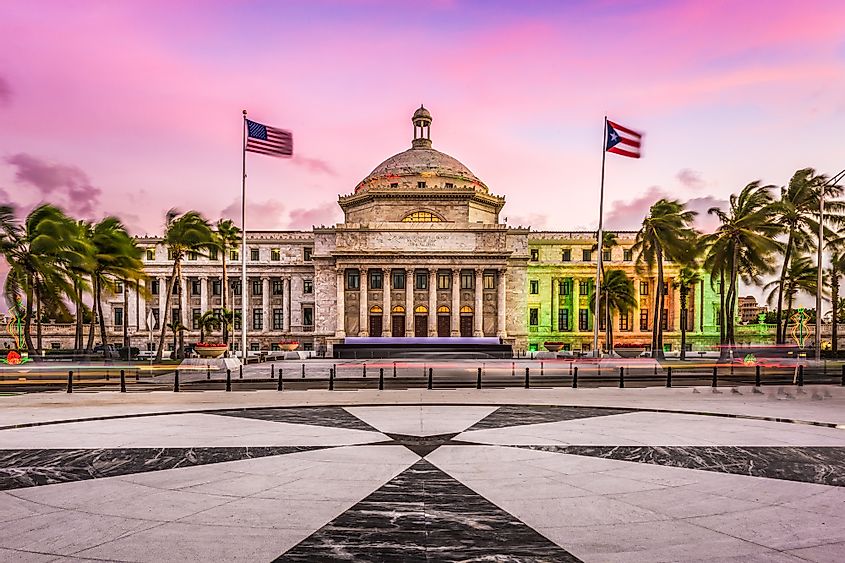
Under the terms of Puerto Rico’s U.S. territorial status, Puerto Ricans are full American citizens, but they cannot vote in U.S. elections, unless they reside in one of the fifty U.S. states. The only representation that the territory has in the U.S. federal government is a delegate that sits in the U.S. House of Representatives, but has no voting rights, except in committees. The government of Puerto Rico includes a bicameral legislative branch, composed of a House of Representatives and a Senate. The territory’s executive branch is headed by a governor. Both the governor and legislators are elected directly by the people for 4-year terms. Puerto Rico also has its own Supreme Court.
Why Is Puerto Rico Not A State?
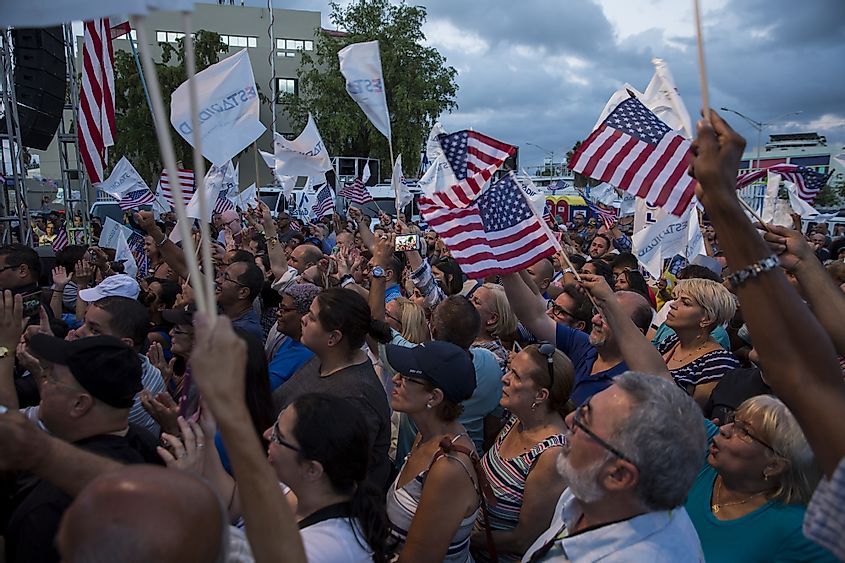
It is the desire of many Puerto Ricans that the territory be granted U.S. statehood. Several referendums have been held asking Puerto Ricans if the island should become a fully-fledged U.S. state, which would allow them to vote in U.S. elections and have voting representation in the U.S. Congress, just like other states. In the latest referendum, which took place during the 2020 U.S. Presidential Election, a slim majority of Puerto Rican voters voted in favor of statehood. But for Puerto Rico to become a state, the U.S. Congress must approve its request for statehood, and to date, Congress has not been willing to do so. Opponents of statehood often argue that Puerto Rico should not become a state because it is relatively poor compared to U.S. states. Some cite the fact that most of the island’s inhabitants are Spanish-speaking, whereas English is the dominant language in the U.S. Members of the U.S. Republican Party fear that making Puerto Rico a state will open the door to more voters who vote for the rival Democratic Party. There is also the fear that making Puerto Rico a state would bring a separatist movement into U.S. politics, as many Puerto Ricans still oppose U.S. statehood, and some even favor outright independence for the island.

